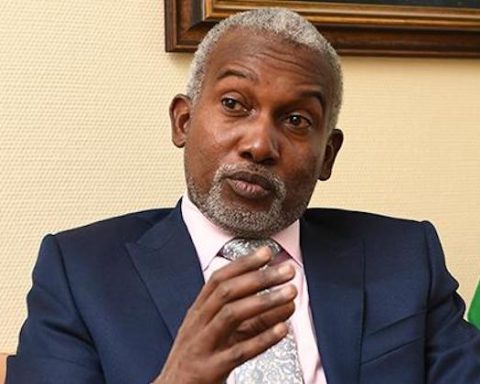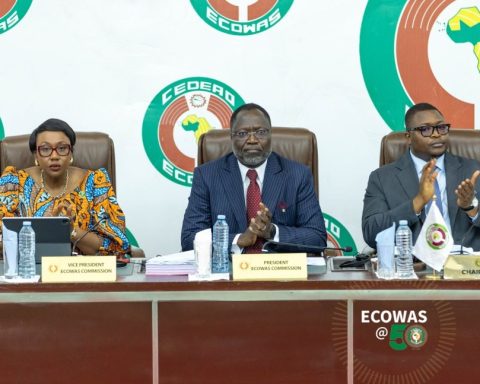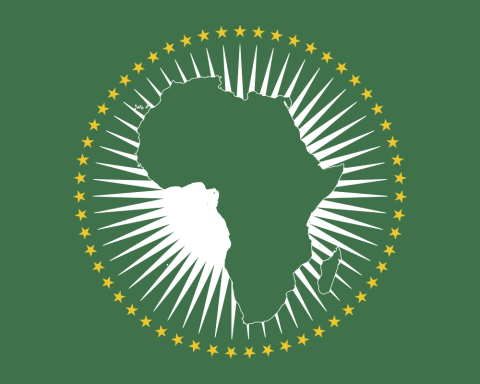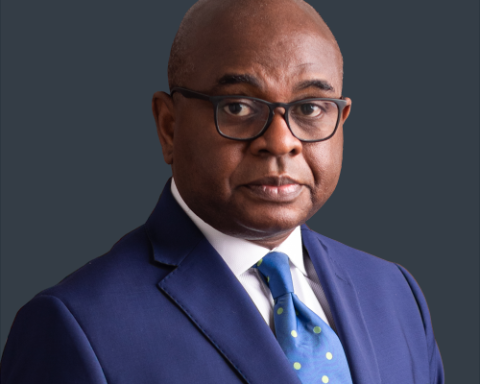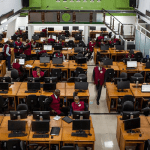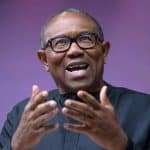The International Monetary Fund (IMF) has played a key role in Africa’s financial landscape for decades. Many African nations have relied on IMF loans to stabilise their economies, but these loans come with conditions that often deepen economic struggles. In March 2025, several African countries continue to have high debt to the IMF, affecting their economic policies and financial stability.
Historical Background Of IMF Debt In Africa
The history of African debt to the IMF dates back to the 1980s and 1990s when many nations faced economic downturns due to falling commodity prices, high energy costs, and poor financial management. To address these crises, the IMF introduced Structural Adjustment Programs (SAPs), which required strict economic reforms. These policies included currency devaluation, government spending cuts, and market liberalisation.
Join our WhatsApp ChannelREAD ALSO: Top 10 Countries In Africa With Highest FDI
While these measures were meant to stabilise economies, they often led to increased poverty, reduced public services, and mounting debt burdens. Today, many African nations still struggle with IMF debt, shaping their economic policies and influencing their financial decisions.
The Impact Of High IMF Debt On African Economies
African countries with high debt to the IMF face significant economic challenges. One major issue is currency depreciation, which the IMF often encourages to make exports more competitive. While this may boost foreign trade, it also leads to higher import costs, causing inflation and reducing the purchasing power of citizens.
In addition, high IMF debt limits government spending on essential services such as healthcare, education, and infrastructure. Many nations must prioritise debt repayment over development projects, affecting long-term economic growth.
African Countries With Highest Debt To IMF In March
According to the IMF’s latest data, Egypt holds the highest debt to the organisation, followed by Kenya and Angola. The list of African countries with the highest debt to the IMF in March 2025 includes:
Egypt – $8.95 billion
Kenya – $3.02 billion
Angola – $2.84 billion
Côte d’Ivoire – $2.68 billion
Ghana – $2.49 billion
Democratic Republic of Congo – $1.79 billion
Ethiopia – $1.46 billion
Morocco – $1.21 billion
Cameroon – $1.18 billion
Senegal – $1.06 billion
Egypt remains the most indebted African nation to the IMF, with nearly $9 billion in outstanding credit. Kenya follows with over $3 billion, while Angola’s debt surpasses $2.8 billion. These debts reflect the financial struggles many African nations face, as they continue to depend on IMF assistance despite its economic consequences.
READ ALSO: 10 African Countries With The Lowest Fuel Prices In March
Why African Nations Continue To Borrow From The IMF
Many African nations turn to the IMF for financial support when facing economic instability, foreign exchange shortages, or fiscal crises. The IMF provides loans to stabilise economies, often in exchange for economic reforms. However, these reforms sometimes lead to further financial hardships, making it difficult for countries to break free from debt cycles.
For instance, Ghana and Côte d’Ivoire have large IMF debts due to their reliance on financial aid to support their economies. Ethiopia and the Democratic Republic of Congo also face economic challenges that have led to significant borrowing from the IMF.
Emmanuel Ochayi is a journalist. He is a graduate of the University of Lagos, School of first choice and the nations pride. Emmanuel is keen on exploring writing angles in different areas, including Business, climate change, politics, Education, and others.









